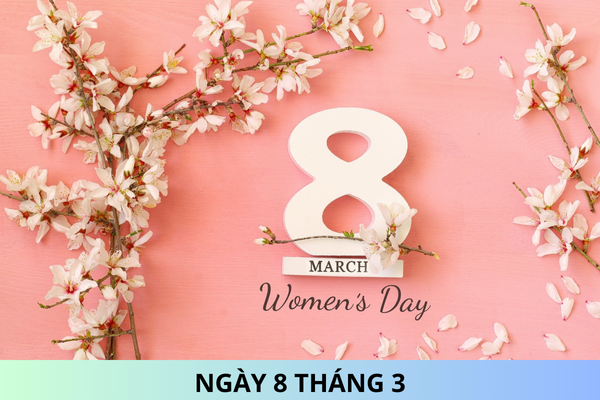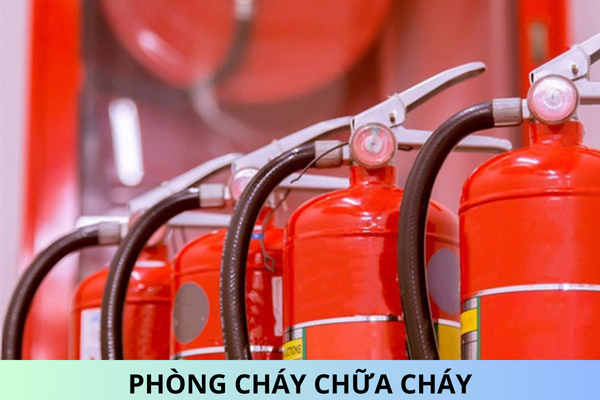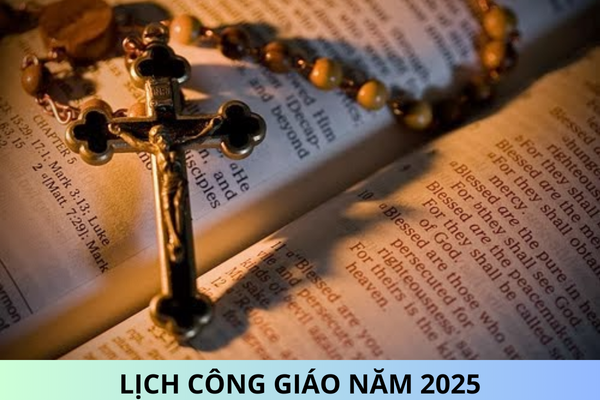What are basic principles regarding social support policies for social protection beneficiaries in Vietnam?
What are basic principles regarding social support policies for social protection beneficiaries in Vietnam? Which social protection beneficiaries are eligible for monthly social benefits in Vietnam?
Thank you!
What are basic principles regarding social support policies for social protection beneficiaries in Vietnam?
Pursuant to Article 3 of the Decree 20/2021/NĐ-CP stipulating basic principles regarding social support policies for social protection beneficiaries in Vietnam as follows:
1. Social support policies are implemented promptly, fairly, publicly and transparently; on the basis of level of disadvantage and priority in family and community where beneficiaries live.
2. Social support policies are amended depending on national economic conditions and minimum living standards from time to time.
3. The Government encourages and enables agencies, organizations and individuals to take care, nurture and support social support beneficiaries.
Which social protection beneficiaries are eligible for monthly social benefits in Vietnam?
Pursuant to Article 5 of the Decree 20/2021/NĐ-CP stipulating social protection beneficiaries eligible for monthly social benefits in Vietnam as follows:
1. Children who are under 16 years of age, receiving no nurture and:
a) abandoned without foster parent(s); or
b) without both parents; or
c) without a parent while the other is declared missing as per the law; or
d) without a parent while the other is receiving care, nurture in a social support facility or social housing; or
dd) without a parent while the other is serving prison sentence or complying with decision on penalties against administrative violations in reform school, mandatory education institution or mandatory rehabilitation center; or
e) having both parents declared missing as per the law; or
g) having both parents receiving care, nurture in social support facilities or social houses; or
h) having both parents serving prison sentences or complying with decisions on penalties against administrative violations in reform schools, mandatory education institutions or mandatory rehabilitation centers; or
i) having a parent declared missing as per the law while the other is receiving care, nurture in social support facility or social house; or
k) having a parent declared missing as per the law while the other is serving prison sentence or complying with decision on penalties against administrative violations in reform school, mandatory education institution or mandatory rehabilitation center; or
l) having a parent receiving care, nurture in social support facility while the other is serving prison sentence or complying with decision on penalties against administrative violations in reform school, mandatory education institutions or mandatory rehabilitation center.
2. Individuals under Clause 1 of this Article who are receiving monthly benefits, of 16 years of age and pursuing formal education, vocational education, professional secondary education, college education or first higher education degrees shall benefit from social support policies until they finish education or reach the age of 22, whichever comes first.
3. Children living in poor households and contracted HIV/AIDS.
4. Individuals who live in poor, near-poor households and have not married; individuals who are married to spouses that are deceased or missing as per the law and raising children under 16 years of age or children from 16 to 22 years of age that are pursuing formal education, vocational education, professional secondary education, college education or first higher education degrees according to Clause 2 of this Article (hereinafter referred to as “poor single parent”).
5. The elderly who are:
a) living in poor households, deprived of individuals with obligations and rights to care or living with individuals with obligations and rights to care who are benefiting from monthly social benefits; or
b) from 75 to 80 years of age, living in poor or near-poor households, not specified under Point a of this Clause and living in ethnic minorities in communes, hamlets and mountainous regions; or
c) of 80 years of age or older, not specified under Clause a of this Clause and receiving no pension, monthly social security benefits or monthly social benefits; or
d) living in poor households, having no individuals with obligations and rights to care for, inadequate to live in community, adequate to be admitted to social support facilities and receiving care, nurture in community.
6. Individuals with severe disabilities and individuals with very severe disabilities according to regulations and law on individuals with disabilities.
7. Children under 3 years of age, living in poor households or near-poor households, not specified under Clauses 1, 3, and 6 of this Article and living in ethnic minorities in communes, hamlets and mountainous regions.
8. Individuals contracted HIV/AIDS, living in poor households and having no stable monthly income namely salary, wage, pension, social security benefit, monthly social security.
Best regards!










